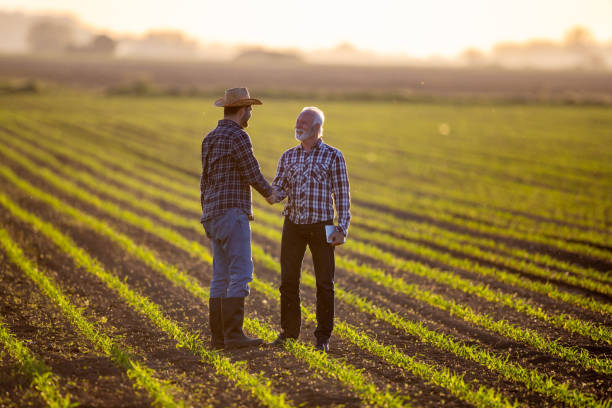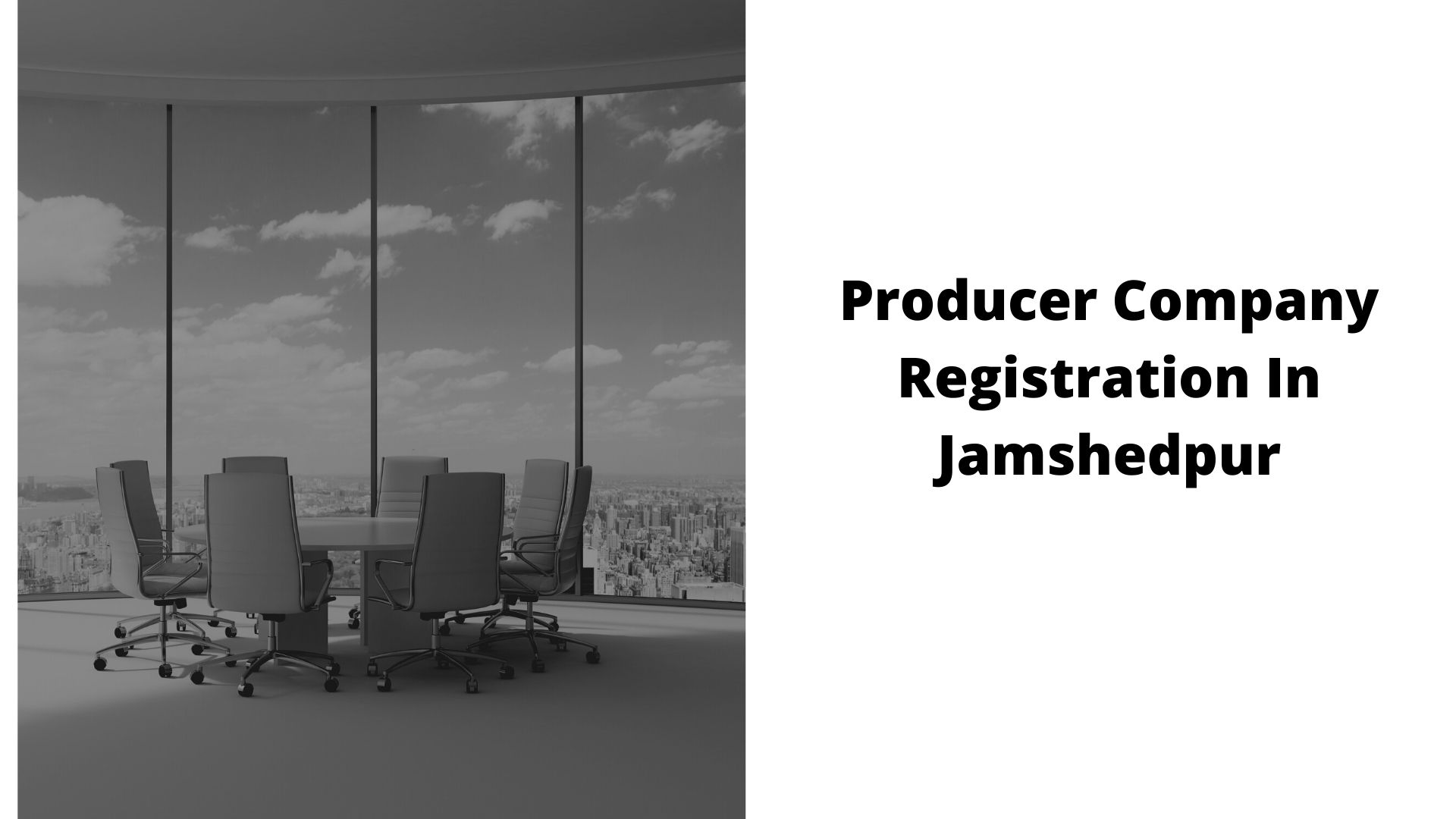Accidents in agriculture are common and are associated with the risk of running a farm – in particular, the use of agricultural machinery and equipment, and animal husbandry. Therefore, the legislator provided for the obligation to conclude insurance contracts by persons owning a farm. The principles of liability for various types of damage are also important in this context.
Compulsory insurance for farmers
The basic legal acts regulating the issue of compulsory farmers insurance are the act on compulsory insurance, the Insurance Guarantee Fund, and the Polish Office of Motor Insurers (hereinafter: the act on compulsory insurance, ie Journal of Laws of 2013, item 392) and the Civil Code.
Taking into account that the basic objective of the farmer’s liability insurance is to some extent a guarantee that the claims of the aggrieved parties will be satisfied, the obligation to conclude a contract has been formulated quite broadly.
Importantly, there is no obligation to ensure such agricultural vehicles and machines separately, and their insurance is included in the civil liability insurance of a farm (P. Skawiński, Art. 44 (in 🙂 op. Cit. ).
An exception is a farm tractor, which is subject to insurance on the basis of motor third party liability insurance (Article 2 (34) of the Road Traffic Act).
Registration of a farm as an active VAT payer – practical problems
Types of liability in accidents in agriculture
The legislator distinguishes several liability rules depending on the circumstances, and the system of premises is quite complicated. It may be liability based on fault (Art. 415 of the Civil Code) and liability based on strict liability (Art. 431, 435 of the Civil Code). In both cases, the addressee of the injured party’s claim will be the farmer’s insurer (P. skawiński, Art. 50
Responsibility on the basis of fault is the basic type (regime) of farmer’s liability. Art. 415 of the Civil Code, according to the content of which ” who by his own fault caused damage to another, is obliged to repair it.”
The premises of the farmer’s responsibility will therefore be an event with the following characteristics:
– culpable behavior of a farmer, residents or employees of the farm,
– related to the farmer’s possession of this agricultural holding,
which results in a pity.
In order for the insurer’s liability to arise, it is necessary to demonstrate the relationship between the damage and the farmer’s possession of a farm . This means that the aggrieved party will have a claim against the insurer if the damage was caused in connection with agricultural activity, and not other activity carried out on the farm or the private purposes of the farmer
As it has already been mentioned – due to the protective purpose of farmers’ liability insurance, this provision broadly covers the scope of responsibility. Thus, compensation is due to a third party (passer-by, farm guest) in a situation where the damage to persons or property is the result of the culpable behavior of the farmer, person living with the farmer or the employee, and moreover, the connection with the farm ownership will be maintained.
Apart from the above-mentioned situation, the farmer’s civil liability insurance varies depending on whether there is damage to property or personal injury (bodily injury or health disorder, death). In the event of personal injury, the scope of the farmer’s insurer’s warranty liability is very wide.
Persons entitled to compensation from the farmer’s civil liability insurance
It is possible that the aggrieved party (in connection with holding a farm) will be the farmer’s spouse or another person who is a farm co-owner, resident or employee, and the damage results from the fault of the farmer himself, his employee, or another farm co-owner – then there will also be conditions warranty liability of the farmer’s insurer
Compensation for the farm owner (policyholder)
Moreover, the content of Art. 50 sec. 1 of the Act on compulsory insurance states that ” farmers are entitled to compensation from the civil liability insurance ( …)”. a person jointly holding a farm, as well as by a farm worker .
Naturally, also in the above situations, the Court will take into account Art. 362 of the Civil Code, according to which ” if the aggrieved party contributed to the occurrence or increase of the damage, the obligation to repair it shall be appropriately reduced, depending on the circumstances, and in particular to the degree of fault of both parties .” The court will then be entitled to reduce the compensation accordingly, although it will not do so automatically.
No compensation for the perpetrator of the damage
On the other hand, it seems that the farmer’s insurer will not be liable for any damage that the farmer (or any of the persons listed in Article 50 (1) of the Compulsory Insurance Act) causes to himself – solely as a result of his own behavior.
Damage to property in agriculture
The scope of insurance coverage in the event of damage to property is narrower. Pursuant to Art. 53 point 1 of the Act on compulsory insurance, the insurance company is not liable, inter alia, for damage ” to property, caused to a farmer by persons working on his farm or staying with the farmer in the same household, or by persons remaining with the farmer in the common household or working on his farm. ”This limitation of the insurer’s liability should be treated“ narrowly ”as an exception to the rule (judgment of SA in Białystok of 9 November 2012, I Aca 525/12).
Strict liability
A liability regime that is different from the principle of fault is strict liability. It is borne by the farmer (and, consequently, by the insurance company) if the damage resulted from his holding of a farm, and, at the same time, the farm can be regarded as an enterprise set in motion by the forces of nature (Art. 435 of the Civil Code). In this situation, the aggrieved party does not have to show fault on the part of the farmer (or possibly other persons listed in Article 50 (1) of the Act on compulsory insurance).
However, the judicature of the Supreme Court indicates that the recognition of a farm as this type of plant ” is possible only when the production of production (plant, livestock, horticulture, etc.) and obtaining its effects is directly related to the saturation and use of devices with the help of the forces of nature, in such a relation that the degree of use of these forces, in general, depends on the functioning of the farm in the field of a specific type of production and obtaining its effects, and not only facilitating their achievement. ” See the judgment of the Supreme Court of 15 February 2008, I CSK 376/07). This means that it is not enough to use agricultural machinery such as an electric forage harvester. However, it can be considered such an enterprise, for example, a large mechanically operated poultry farm.
Responsibility for animals under supervision
A liability regime similar to the principle of risk is linked to the responsibility of the farmer for the animals he breeds. Pursuant to Art. 431 of the Civil Code, ” whoever hides or uses an animal, is obliged to compensate for the damage caused by it, regardless of whether it was under his supervision, or whether it strayed or escaped, unless neither he nor the person for whom he is responsible, are not at fault. “
The person keeping the animal or handling the animal is liable for the damage caused by it on the basis of the supervision guilt, and the presumption of this guilt is assumed
Therefore, in order to release the animal from liability, the person keeping the animal or using it must show no fault of himself and of other persons for which he is responsible on the basis of a specific legal relationship or only purely actual (in connection with the supervision over these persons or entrusting them with certain activities). to complete). The exclusion of liability does not lead to evidence that at the time of causing the damage the animal was not under supervision, or strayed or escaped unless the supervision was carried out with due diligence and the animal was stolen or released by a third party for which it is not responsible. .
Exclusion of liability for animals not related to work on the farm
The limitation of this liability is specified in the jurisprudence of the Supreme Court – in accordance with the position of the Supreme Court, if an animal is bred on a farm, but not for agricultural purposes (agricultural production), liability is excluded under the Act on compulsory insurance (judgment of the Supreme Court of 12 April 2013 r., IV CSK 565/12). In this case, it was a horse that was bred only under the roof (a similar example could be a dog guarding the farm ). In such a situation, not the insurer, but the farmer will be responsible.
To sum up – the structure of the premises for farmers’ compensation liability (as well as exceptions to it) is defined in the Civil Code, with modifications resulting from the act on compulsory insurance. On the other hand, the direct application to situations in which the farmer will be responsible (and consequently his insurer) are, among others, the provision of Art. 361 § 2 of the Civil Code, according to which the compensation for the damage covers the losses suffered by the aggrieved party and the benefits that could have been achieved if the damage had not been done to him.




